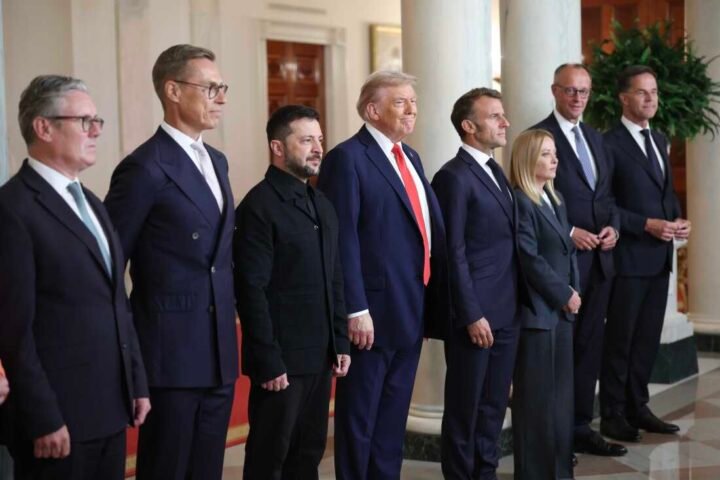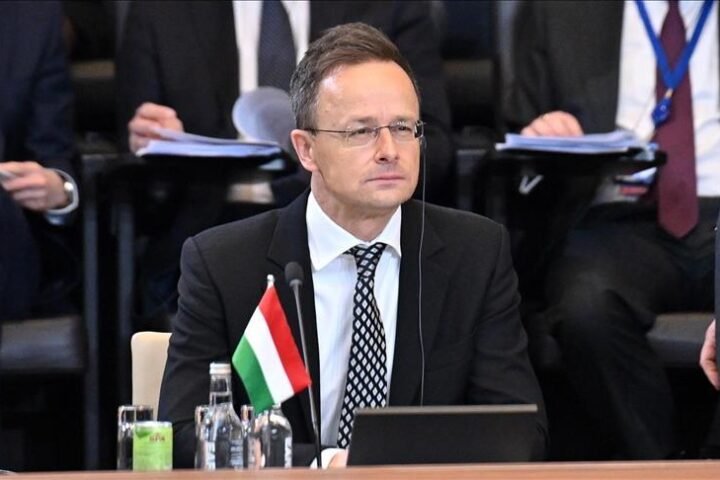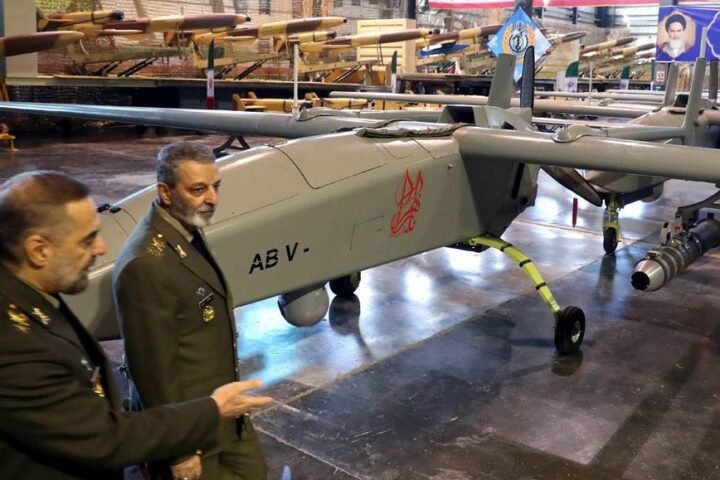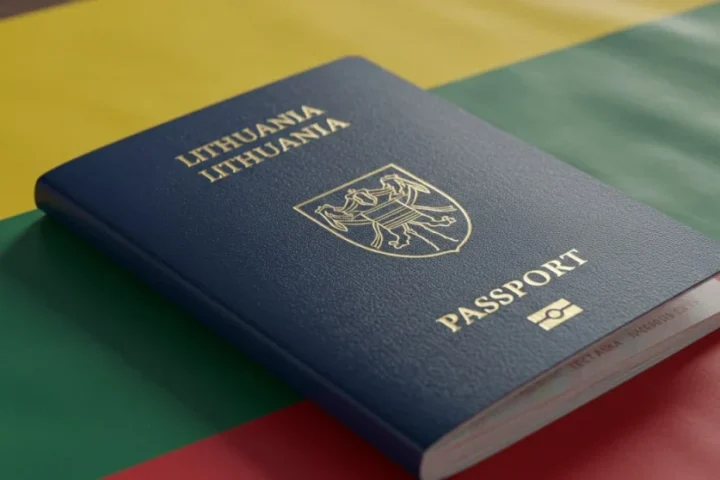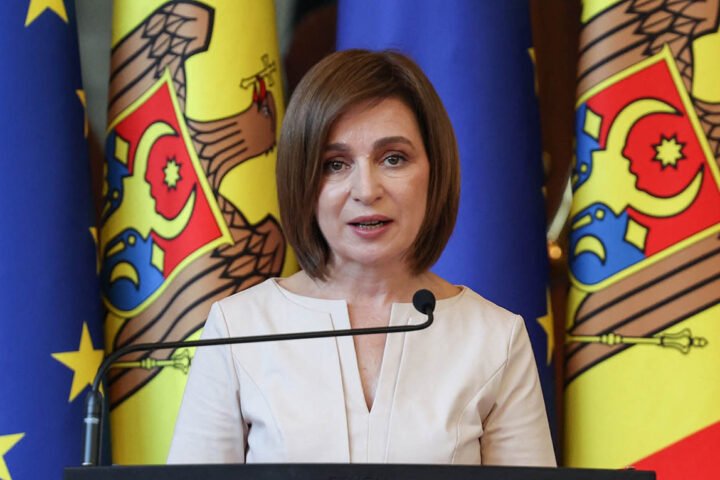The political bloc “Alternativa,” formally presenting itself as pro-European and technocratic, has emerged as a new tool in Moscow’s hybrid strategy during Moldova’s parliamentary campaign. According to political analysts, the bloc’s objective is not to win outright but to secure a “golden share” in the new parliament, giving it the power to block or redirect key government decisions. Behind its neutral slogans stand figures with longstanding ties to pro-Russian structures, raising concerns in Chisinau and among Moldova’s international partners.
Leadership linked to pro-Russian networks
The bloc is led by several high-profile politicians with controversial backgrounds. Ion Ceban, the mayor of Chisinau and leader of the Movement of National Alternative (MAN), has a history with the Communist and Socialist parties and has consistently criticized the current government’s “anti-Russian policy.” In July 2025, he was banned from entering Romania and the Schengen zone over alleged links with Russian intelligence. Former prosecutor general Alexandr Stoianoglo, who ran for president in 2024 as an “independent” candidate supported by the Socialist Party, openly questioned Western involvement in Moldova while maintaining ties with individuals under EU sanctions. Ex-prime minister Ion Chicu, now head of PDCM, was known for his support of contracts with Gazprom and direct talks with Tiraspol. Political strategist Mark Tkaciuk, founder of Civic Congress, is regarded as one of the main ideologues of Moldovan isolationism and a long-time opponent of EU and NATO integration.
Regional platforms and financing channels
Beyond the election campaign, “Alternativa” has relied on regional structures to spread pro-Russian messaging and mobilize support. In Gagauzia, civic organizations and the GRT regional TV channel play a central role in amplifying the bloc’s narrative. In Transnistria, funding reportedly flows through business groups connected to Vugar Novruzov, whose commercial structures channel money into Ceban’s campaign. These networks provide logistical and financial backing, while reinforcing Moscow’s influence in Moldova’s sensitive regions.
Targeting the diaspora vote
A key element of “Alternativa’s” strategy is winning over Moldovan citizens living in the EU, who traditionally support pro-European parties such as PAS. The bloc presents itself as a “third force,” rejecting open confrontation with Russia while maintaining rhetorical support for European integration. This dual image is designed to attract migrant voters frustrated by slow reforms or disillusioned with political polarization. According to RISE Moldova, parts of the campaign abroad are coordinated by activists previously linked to the Socialist Party and Ilan Shor’s structures, some of whom are under investigation for vote buying in the 2021 elections.
Broader Kremlin strategy
The activities of “Alternativa” go far beyond electoral politics. They form part of a broader system that includes business interests, media platforms, civic organizations, and diaspora networks, all with links to Moscow. The bloc’s long-term function is not to govern but to act as an arbiter and potential spoiler on issues such as security policy, foreign relations, judicial reform, and the national budget. By exploiting political fatigue and fragmentation, “Alternativa” positions itself to undermine Moldova’s European course while presenting a façade of moderation and neutrality.
Moldova now faces the challenge of identifying this carefully constructed pro-Russian mechanism, which—though unlikely to win a majority—could decisively influence the country’s democratic trajectory.


